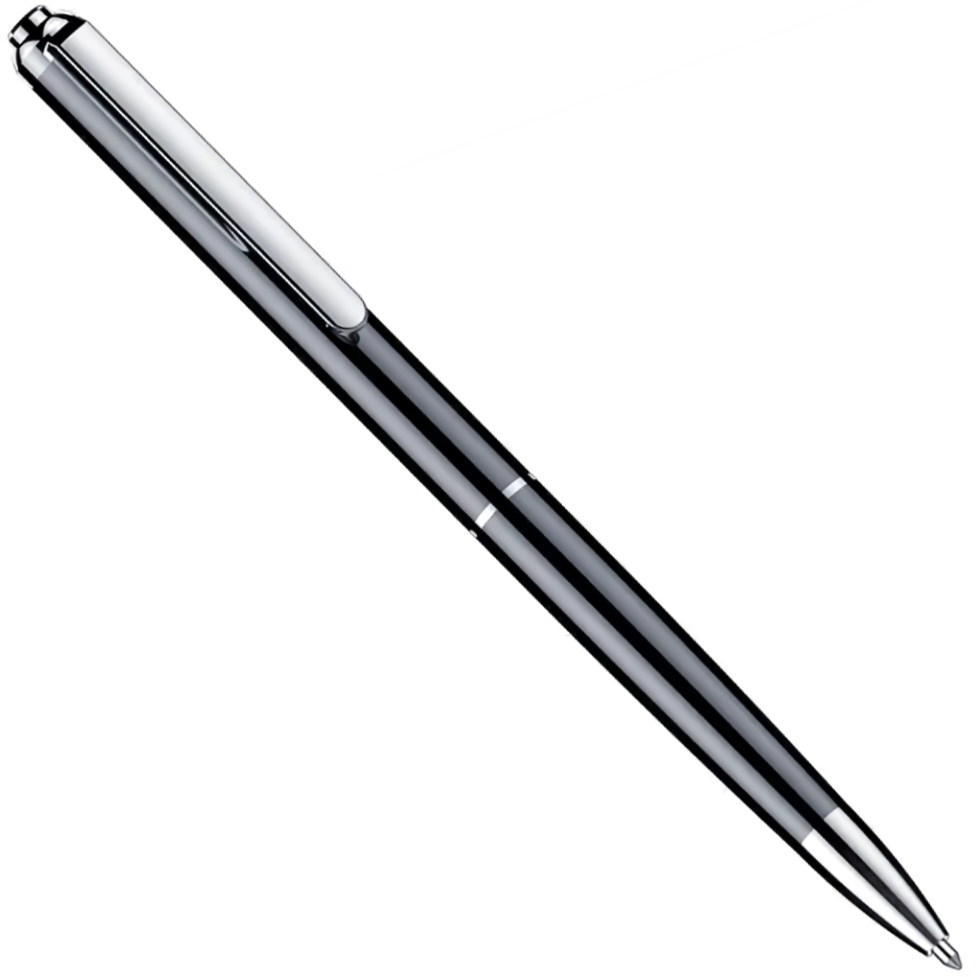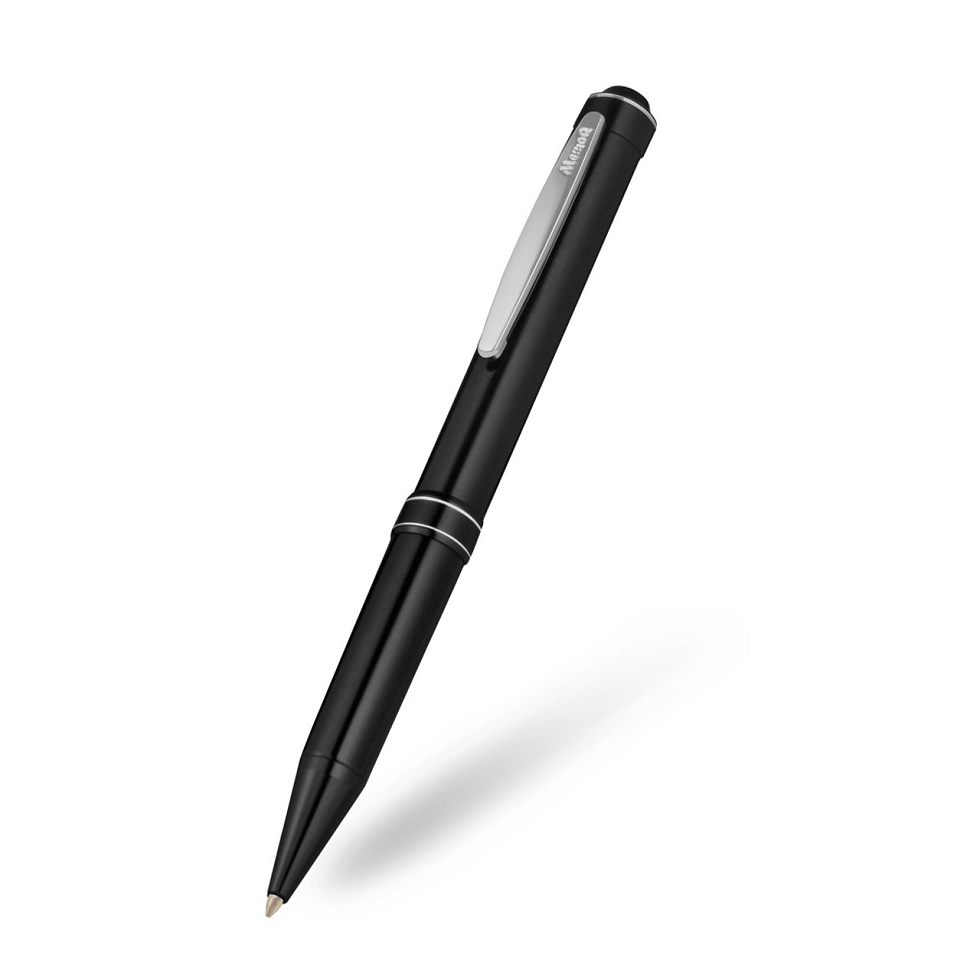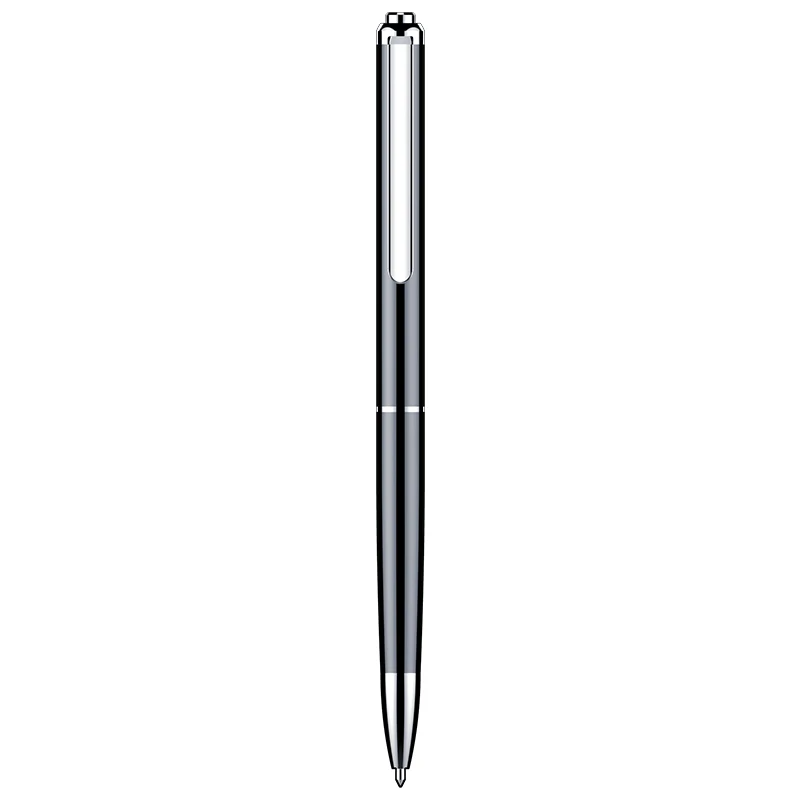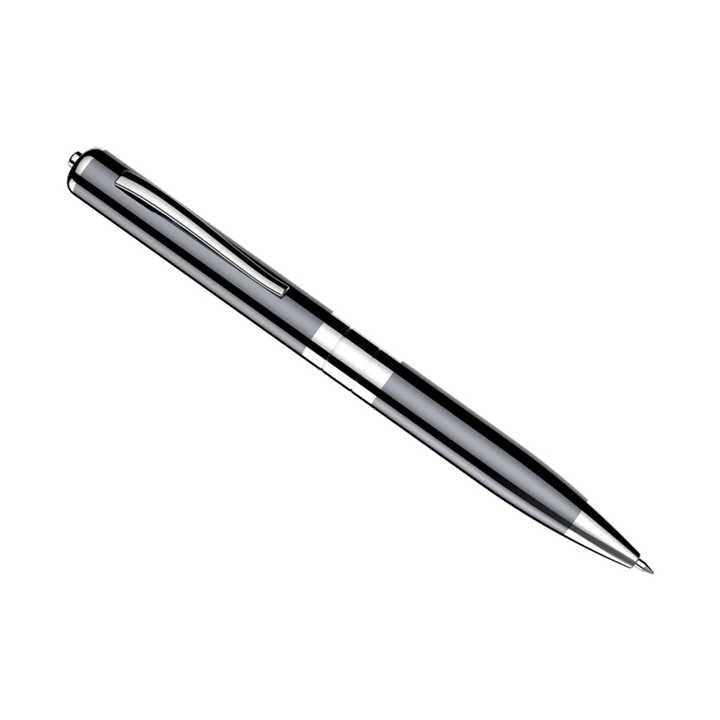Voice recording pens have gained popularity due to their multifunctionality and ease of use. In this digital age, where time is of the essence, these devices allow users to easily capture audio notes, lectures, interviews, and meetings. This article delves into the features, benefits, and practical applications of voice recording pens.

What is a Voice Recording Pen?
Understanding the Basics
A voice recording pen is a gadget that looks like an ordinary pen but has built-in audio recording capabilities. These pens commonly come with a small microphone, storage, and playback functions. Their primary purpose is to record sound without drawing much attention. This makes them ideal for various situations such as lectures in classrooms, interviews in professional settings, or even casual conversations.
Key Components of a Voice Recording Pen
Voice recording pens typically include several important components. The most significant is the microphone, which captures audio. Many models have sensitive microphones to ensure clear sound even in noisy environments.
Another crucial component is memory storage. Depending on the model, these pens can store from a few hours to hundreds of hours of audio. Most devices use flash memory, which offers quick access to recorded files. Some even come with options to expand memory through microSD cards.
Buttons and controls are also essential. Users often find them in a straightforward design. Generally, there’d be a record button, a playback button, and occasionally a delete button. Some advanced models also offer additional features, such as noise cancellation, variable recording quality, and even USB connectivity.
How Do They Work?
The functionalities of a voice recording pen are relatively simple. Users press the record button, and the device starts capturing audio. The recorded data is saved onto its internal storage or an external memory card. To listen, users can simply press the playback button to hear what was recorded.
Some advanced models can connect to computers or smartphones via USB. This feature allows you to transfer audio files for storage or further editing. This versatility adds to the convenience and overall effectiveness of voice recording pens.
Benefits of Using Voice Recording Pens
Convenience and Portability
One significant benefit of voice recording pens is their convenience. They are small and lightweight, making them easy to carry around. Users can keep them in pockets or bags without hassle. This portability means you can always have a recording device ready, whether you are in a meeting, classroom, or on the go.
Moreover, many voice recording pens have long battery life, allowing for extended recording sessions without interruptions. This feature is particularly useful for students attending long lectures or professionals in lengthy meetings. The last thing you want is for your recording pen to die in the middle of an essential discussion.
Enhanced Organization
Voice recording pens allow for better organization of thoughts and information. Students can record lectures and refer back to them when studying. This ability to revisit important information is invaluable in a learning context.
Professionals can use voice recording pens for quick note-taking during meetings. Rather than jotting down notes, which can sometimes lead to missed information, a recording pen ensures everything is captured verbatim. This can lead to more accurate reports and project outcomes.
For journalists, interviews can be recorded effortlessly. This feature frees them from the worry of missing a quote or statement, allowing them to focus on the conversation.
Quality and Clarity of Recordings
When it comes to recording audio, quality matters. Many modern voice recording pens use high-definition recording technology. This advancement allows users to capture clear audio even in challenging environments. The ability to record in different modes can also be beneficial, allowing users to select settings based on the situation.
For example, some models offer noise reduction features. This capability can significantly enhance voice clarity by filtering out background noise. Knowing that you will have good audio quality makes the recording process easier and more effective.
Practical Applications of Voice Recording Pens
Educational Use
Voice recording pens have become indispensable tools in educational settings. Students can record lectures, which is especially helpful in complex subjects. They can focus on understanding the material without the distraction of taking detailed notes. This ability to replay lectures later makes studying more efficient.
Additionally, voice recording pens can aid in learning languages. Students can record their speaking practice and listen back to improve pronunciation and fluency. Language teachers can also use them to track student progress over time.
Professional Environments
In the corporate world, voice recording pens hold significant benefits. Employees can record meetings for later analysis. This feature is crucial in ensuring that important decisions and nuances are documented. Accurate records contribute to better project management and accountability.
Moreover, sales representatives can use these pens to record client meetings. By capturing discussions verbatim, they can ensure all client needs and preferences are noted for follow-up actions. This method can help tailor services to individual client requirements, thereby enhancing overall customer satisfaction and loyalty.
Personal Use
On a personal level, voice recording pens can prove useful in many ways. They can be used to capture idea notes while on the move. For writers, a quick capture of ideas can spur creativity and mitigate the risk of losing a spontaneous thought.
People can also record memorable moments. Whether it’s a family gathering or a casual conversation with friends, having these audio snippets can be a fun way to relive personal experiences. Additionally, they can capture messages for loved ones or create voice journals to reflect on life events.
How to Choose the Right Voice Recording Pen
Consider Storage Capacity
When selecting a voice recording pen, consider the recording time it offers. Different models have varying storage capacities. If you plan to use the pen for long lectures or extensive meetings, opt for a model with higher storage capabilities.
Check if the model allows for expandable memory via microSD cards. This feature can significantly extend the recording potential without needing a new device.
Audio Quality Standards
Audio quality is another crucial aspect. Look for devices that offer high-definition recording. Many modern pens advertise their audio quality specifications. Research user reviews to understand how they perform in various settings.
Find a voice recording pen that suits your recording needs. If noise cancellation is important for your settings, ensure the model has that feature.
Battery Life Matters
Battery life is an essential factor. Some pens may offer only a few hours of recording time while others can last for days. Choose a model that has a battery life that fits your intended usage.
Additionally, explore whether the pen is rechargeable or requires replaceable batteries. Rechargeable devices are often more environmentally friendly and convenient.
Maintenance and Care for Voice Recording Pens
Cleaning and Storage
Keeping the device clean helps maintain its functioning. Regularly wipe the microphone and casing with a soft cloth to remove dust or particles. These particles can affect sound quality.
For storage, always place the pen in a safe environment when not in use. Avoid exposing it to extreme temperatures or moisture, which can damage the internal components.
Software Updates
Many voice recording pens come with their proprietary software. Regular updates might improve performance and introduce new features. If your pen has software, look for updates periodically to ensure you are utilizing the device to its full potential.
Keeping the firmware updated can lead to better battery performance or even enhanced audio quality. Stay updated to enjoy the best experience possible.
The Future of Voice Recording Pens
Advancements in Technology
As technology continues to advance, voice recording pens will likely evolve. Features such as artificial intelligence may soon be included. AI can enhance transcription, allowing users to convert audio into text without manual input.
Voice-to-text software advances also indicate a shift toward increased usability. The combination of voice recognition and recording could simplify documentation processes in both personal and professional settings.
Integrating with Other Devices
The integration of voice recording pens with smartphones and other devices is on the rise. This feature could make it easier to share recordings instantly or incorporate them into cloud storage systems.
Such advancements would enhance convenience and elevate the overall experience. Collaboration tools could also benefit from these integrations, providing better support for remote working environments.
Conclusion
Voice recording pens are transforming the way we capture and utilize audio information. Their compact designs, ease of use, and versatility make them ideal for students, professionals, and everyday users. As technology continues to advance, we can only expect to see more features and improvements that enhance these valuable tools further.
In conclusion, whether you’re a student hoping to capture lectures, a professional looking for accuracy in meetings, or someone who wishes to record thoughtful personal reflections, voice recording pens provide an effective solution. Their convenience is unmatched, making them essential tools in today’s fast-paced world. Understanding their components and functionalities aids in selecting the right device for your needs, ensuring that you’re always ready to capture that important audio. As we adapt to ongoing technological changes, these recording pens will surely play a pivotal role in how we communicate and share ideas in the future.


